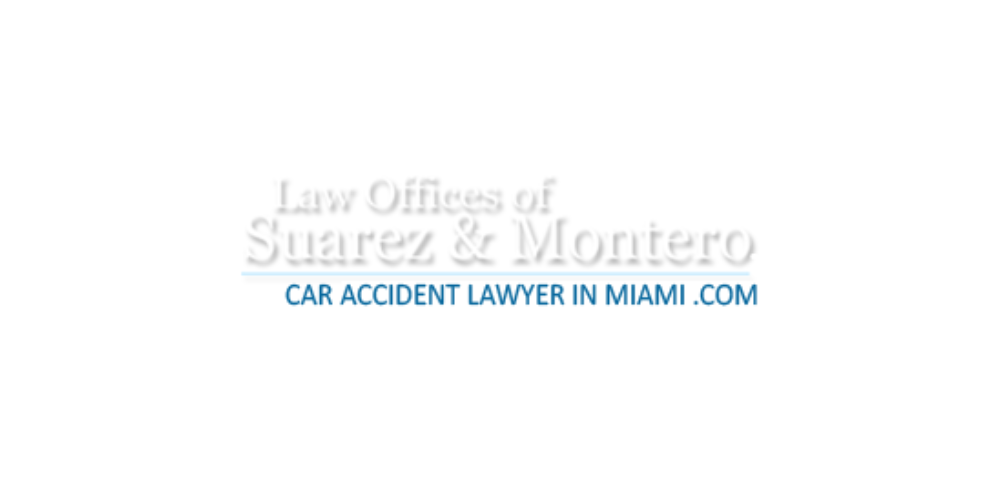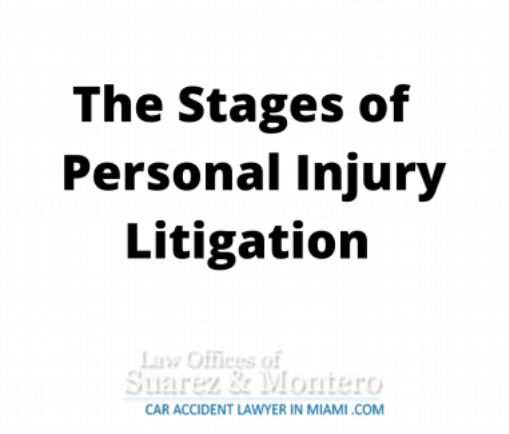
Employer Liability for Negligent Hiring in Florida
Under the doctrine of respondeat superior, if an employee causes harm to another person while acting within the scope or course of his employment the employer may be held liable for those injuries. If the employee is not working within the scope or course of employment when he commits a tortious act, the employer may not be held liable under this doctrine. However, employers may still be found liable to third parties under the theory of negligent hiring and retention. This blog post will discuss that theory of liability and explain the presumption against negligent hiring in Florida and how it applies to employers.
Liability for Negligent Hiring and Retention
The theory of negligent hiring and retention allows an injured third party to hold the employer liable for the negligent acts of their employee which are committed outside the scope and course of employment. The main difference between negligent hiring and negligent retention revolves around the time the employer discovers the employee’s unfitness. Negligent hiring occurs when the employer knew or should have known of the employee’s unfitness prior to the time the employee was hired. Negligent retention occurs when, during employment, the employer becomes aware or should have become aware of the employee’s unfitness and the employer fails to take steps to discharge, reassign, or engage in further investigation. In Florida, however, there is a statutory presumption against negligent hiring. It is found at Fla. Stat. § 768.096 and says that there is a presumption against liability for employers in negligent hiring cases when the employer conducted a background investigation of the prospective employee and the investigation did not reveal any information that reasonably demonstrated the unsuitability of the prospective employee for the work to be performed or for the employment in general. The presumption is applicable to all civil actions for the death of, or injury or damage to, a third person caused by the intentional tort of an employee. To be valid, a background investigation must contain a criminal background investigation on the prospective employee. Additionally, the employer conducting the background investigation must make a reasonable effort to contact references and former employers of the prospective employee concerning the suitability of the prospective employee for employment. The employer must also require the employee to fill out a job application form that includes questions concerning whether they have ever been convicted of a crime in addition to a question on whether the employee has ever been a defendant in a civil action for intentional tort, including the nature of the intentional tort and the disposition of the action.
Let Our Personal Injury Lawyers Help! Schedule a Free Consultation Today! After being injured by a negligent or careless individual or business, you may be worried that you will be unable to find a responsible party to pay for your injury. If you or someone you love were injured in an accident of any kind, our personal injury lawyers can help you. When you are represented by a personal injury lawyer, it can mean the difference between winning top dollar for your claim and receiving no compensation at all. You may be wondering how exactly is it that a personal injury attorney can assist you with your claim. There are several ways. First, our team can review your injury claim and evaluate your claim to see if it is compensable. This is done during an initial consultation. Having an experienced attorney look at your case can be of tremendous value. If your case is compensable, an attorney will either send an initial settlement demand letter or file a complaint depending on what stage of the personal injury process your case is at. Once a case is filed, the discovery phase of your case begins. In the discovery phase, we will obtain many pieces of evidence. For example, we obtain witness testimony, medical records and bills, police reports, and any other information that is necessary to get a full understanding of your case. If a settlement cannot be obtained, the next step will be to prepare to take your case to court, where it will usually be tried in front of a jury. Our attorneys are ready to provide proven legal representation and stand ready to protect your rights. We are available 24/7 to give you a free, no risk case consultation!
We serve clients throughout Florida including those in the following areas:
Miami-Dade: Aventura, Coral Gables, Doral, Fontainebleau, Hialeah, Homestead, Kendall, Miami, Miami Beach, Miami Lakes, North Miami, Tamiami, and Westchester.
Broward: Fort Lauderdale, Hallandale Beach, Hollywood, Pembroke Pines, and Weston; and Palm Beach County including Boca Raton, Lake Worth, and West Palm Beach.





